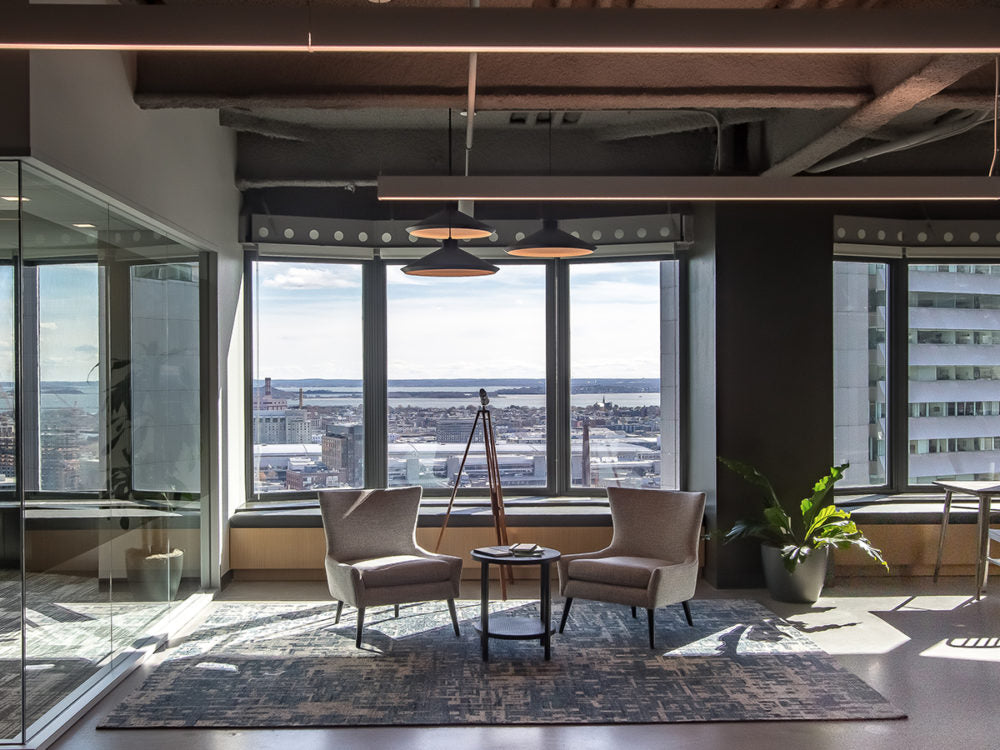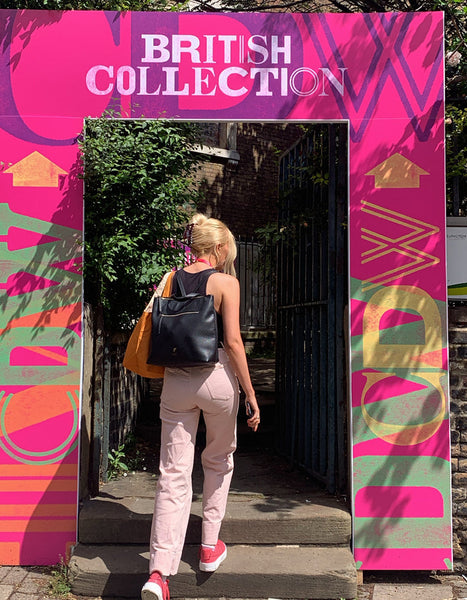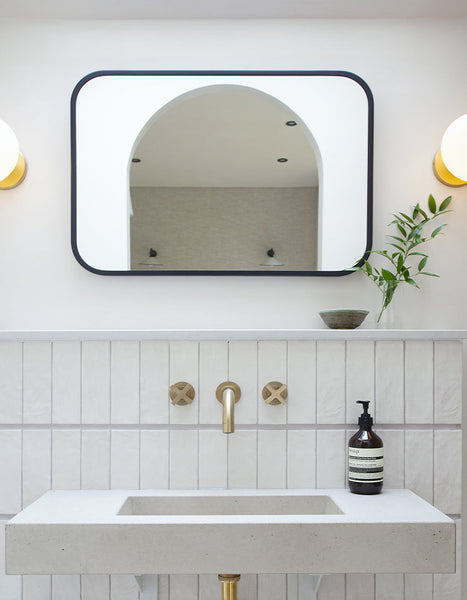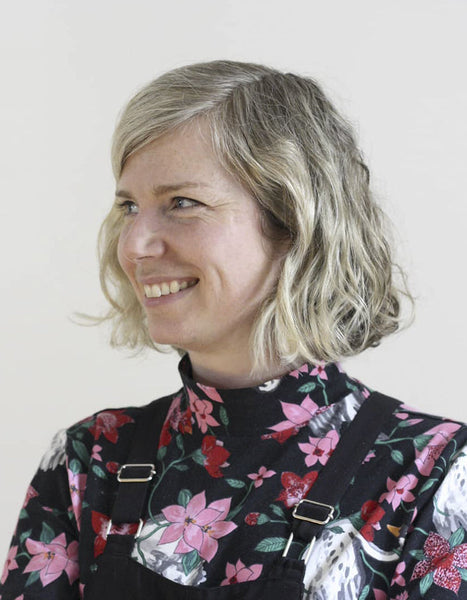At Work With: Nikos Moraitakis, Workable

As a company that started with a group of friends huddled in a garage and now counts 50 passionate people around the world, Tala has grown quickly and methodically in just a few years. At the core of our growth have been our people: design buffs, engineering geniuses and sustainability advocates all working together to make the best products with the biggest impact.
To celebrate the hiring of our 50th team member, we spoke to Nikos Moraitakis, founder and CEO of Workable, our invaluable recruitment partner.
What is the goal of Workable, and what inspired you to build it?
Workable helps companies find and hire people. Most executives in mid-size companies will tell you that finding great people is the most important part of their job. Even then, the technology most companies have for recruiting is not up to the task. That’s the gap we’re trying to fill.
Spyros and I have been in the shoes of our users for most of our career: trying to get a critical job done with parochial processes and clumsy software nobody loved. We thought we can’t be the only ones needing something better. We built the software we wanted for ourselves and now we have over 6,000 companies using it every day. I guess we weren’t alone after all.
What was the first step in establishing Workable?
We drew the two mains screens we’d like to have on a piece of paper. To this day, those are still the two screens our users love the most.

What led you to bring the company to Boston?
Most of our customers were in the US long before we got here. It made sense to follow the customers and set up shop here. Boston is a great talent market, with the best university system in the world and a long tradition in B2B software. It also has a slightly more grown-up business culture that doesn’t take itself too seriously.
Many people urged us to set up shop in San Francisco. Back then I felt that the frothiness of the tech market was turning Silicon Valley into a strange place, with a distorted job market and a culture that is a bit estranged from the way the rest of the world works.
I think Boston is one of the best decisions I’ve ever made for the company.
How do you maintain your company culture and a strong brand in offices across different continents?
Our goal was to build a company that we‘d like to work for. We started by hiring a few people we wanted to work with. Similarly, we tried to make management decisions we would respect if we weren’t the company’s managers ourselves. That’s all there is to it.
Now the company is 200 people. It’s up to them to make it what they want it to be – this is beyond our control at this point. Everyone is, indirectly, the outcome of some of the decisions we’ve made early on, and hopefully this has steered things in a direction we like. All I can say is, I still enjoy working here, so my colleagues must be doing something right.
Culture is an emergent property – you don’t get to dictate it. We positively detest the idea of management actively trying to engineer or prescribe culture. We think it’s the equivalent of organised fun. Not very funny, and actually a bit tyrannical if you think about it.

What is the greatest risk you have ever taken?
I’m a pretty risk-averse guy. That’s why I started a tech company, which is probably one of the mildest professional risks you could take back in 2012.
Some people in my position like to tell themselves that tech startups are very risky, perhaps because it makes them feel like they’re Nelson Mandela or something, risking it all to change the world.
Tech startups are nothing like that. They are full of competent, educated people, probably in the 1% of the most employable professionals in the world today, usually coming from a middle-class background that could afford their education. Every day we go to an air-conditioned office. There’s a machine that makes you a latte with the press of a button. We work with smart and friendly people. We make software that makes the lives of people a little bit easier. We have health insurance and wi-fi. Much of this is paid for with inexpensive financing from venture capitalists who, themselves, are not exactly risking their very existence.
I think we’ll all be fine.

Do you ever have any moments of doubt, and how do you overcome them?
I have doubts about many things. It’s a complex world and you have very little control over it. The best you can do is to accept that often you’ll be wrong. I’m not a doctor, or a nuclear silo operator. The world will survive my mistakes.
What has been the key to success for Workable?
We don’t take ourselves too seriously.
What is the best advice you have ever received?
When my wife and I had our first child, we were slightly overwhelmed about all the work that goes into taking care of a baby. One of my investors told me, “Remember, somebody did this for you”.
It’s staggering to think how much other people have done to get us where we are. From keeping us alive when we’re babies to operating a world with electricity and democracy. It’s easy to take this for granted. If you think about it this way, you kind of owe it to others to contribute to the world, whether it’s your children or your fellow citizens. It’s a good reason to get out of bed in the morning.
What would you be doing if you weren’t the CEO of Workable?
I have no idea. I’ve done it for a while, and I like it a lot. I can’t imagine doing anything else right now.
View all our latest vacancies at tala.co.uk/careers



